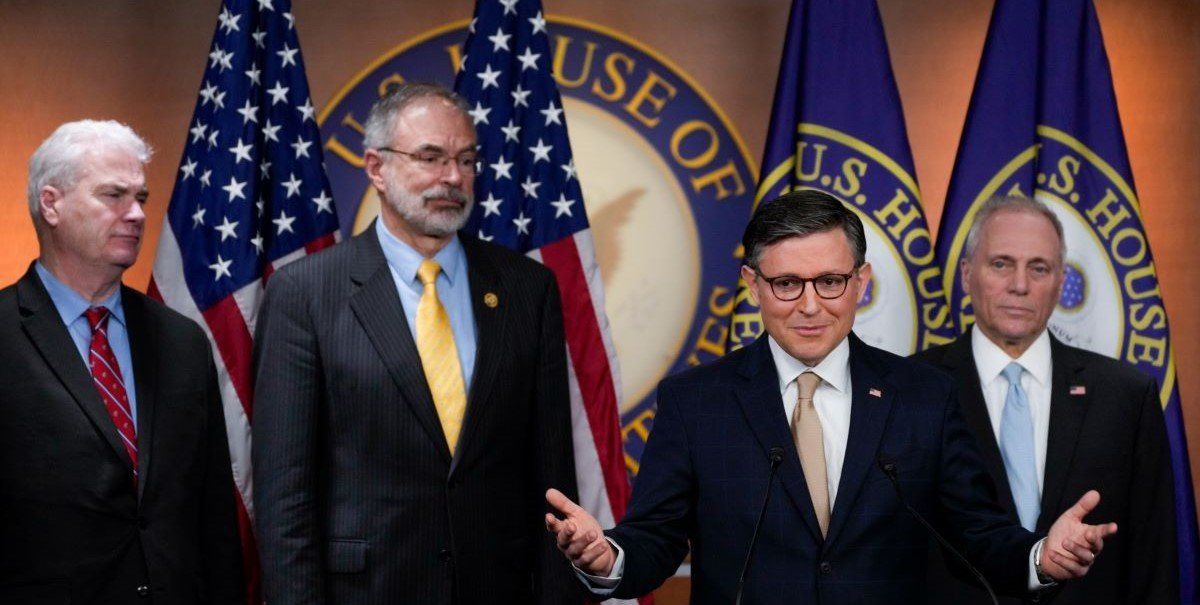On Wednesday, the House of Representatives narrowly passed a stopgap funding bill, voting 217-213 to prevent a government shutdown and keep federal spending at current levels through Sept. 30.
Following its passage, Speaker Mike Johnson adjourned the House for a week, denying the Senate the option to amend the bill before Friday’s shutdown deadline.
The bill keeps spending largely unchanged from last year but boosts military funding by $6 billion. It also cuts over $1 billion from Washington’s budget for the rest of the fiscal year, raising concerns about funding city services. On a brighter note, it increases support for a nutrition program for women and children and bolsters air traffic control funding.
The only Republican to vote against it, Rep. Thomas Massie, of Kentucky, defied pressure from Donald Trump, who threatened to “lead the charge” against him in 2026. Massie opposed the measure for not cutting spending enough — a stance shared by many fiscal conservatives in the Senate.
Will the Senate pass it? Republican senators have signaled support, with former hardliners backing it to advance Trump’s — and the Department of Government Efficiency’s — policy agenda.
Democratic leaders, however, argue that it lets the White House impose deep spending cuts through DOGE without congressional oversight. Unlike full-budget bills, temporary extensions don’t dictate how federal funds are allocated. Meanwhile, Senate Democrats are floating a six-week extension to craft a broader spending deal. The question between now and the Friday deadline is whether they will stand firm and risk a shutdown — a move many swing-state Democrats fear could backfire — or push the fight to fall.
